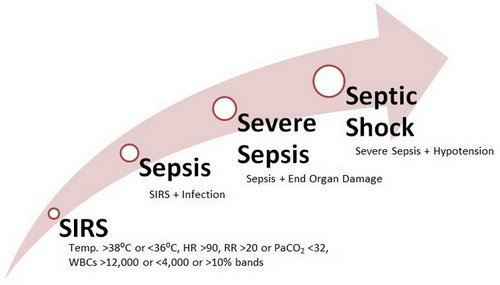

Progressive memory loss and cognitive ability.Coders cringe when they see that documented as well. There are many symptoms associated with encephalopathy, but there is one symptom that is present in all types and that is altered mental status. Poor nutritional status-alcoholic withdrawal or inadequate vitamin B1 intake.Toxic chemicals-mercury, lead, or ammonia.Metabolic disorders-hyper/hyponatremia, hypo/hypercalcemia, hyper/hypocalcemia.

Liver disease-liver failure, cancer, hepatitis, cirrhosis or other disease of the liver.Brain trauma or tumor-bleeding or alterations in pressure in the brain.Alcohol or drug toxicity-drug and alcohol use/abuse.Infection/viral-documentation of encephalopathy is seen often in patients with sepsis, COVID-19, pneumonia, urinary tract infections and many other bacterial or viral diseases.This list below causes are not the only causes, but the common causes that coders see. We’ll also look at some of the signs and symptoms that coders can look for in the medical records. Even when we do all the right things, this diagnosis is still one of the most common reasons for denials. This coding tidbit is going to be geared more towards when to report and when to not report the diagnosis as well as querying. Sometimes, we find ourselves wanting to scream! There is already a coding tip on the most common types of encephalopathy on the HIA blog. When coders see this documentation in the healthcare records, they typically need to query the physician for clarification of the diagnosis. Physicians often use encephalopathy and altered mental status interchangeably. Encephalopathy is a general term and means brain disease, brain damage or malfunction.


 0 kommentar(er)
0 kommentar(er)
